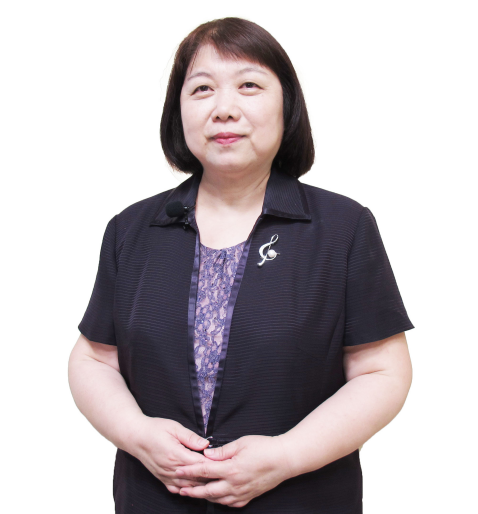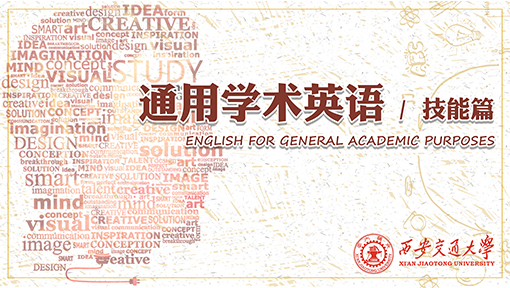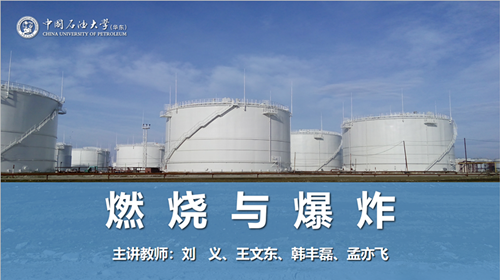
Hospitality English (International edition)课程:前往报名学习
Hospitality English is a professional English course for MTA students. It is specifically designed for learners to improve their English ability of speaking, reading and writing, and more importantly, use the language as a tool to communicate and do academic research concerned with hospitality and tourism.
开设学校:南开大学;学科:外语、
Hospitality English is a professional English course for MTA students. It is specifically designed for learners to improve their English ability of speaking, reading and writing, and more importantly, use the language as a tool to communicate and do academic research concerned with hospitality and tourism.
-1.1 Hospitality and Tourism
--1.1.1 Introduction of hospitality
--1.1.2 Introduction of tourism (1)
--1.1.3 Introduction of tourism (2)
--1.1.4 Basic conception of tourism (1)
--1.1.5 Basic conception of tourism (2)
-1.2 Tourism Industries
--1.2.4 Convention & exhibition
--1.2.5 Entertainment & recreation
-1.3 Nature of Tourism Businesses
--1.3.2 Characteristics of hospitality
--Week 1 Quiz
-2.1 Basic Approaches and Etiquette of Hospitality
--2.1.1 Basic approaches and etiquette of hospitality
-2.2 Meet and Greet at Accommodations
--2.2.3 Know how to offer more
-2.3 Meet and Greet at Other Situations of Hospitality
--2.3.1 At transportation services
--2.3.3 At conventions and exhibitions
--2.3.4 At entertainment and recreation situations
-2.4 Communication Skills of Online Travel Agency
--2.4.1 Communication skills of online travel agency
--Week 2 Quiz
-3.1 Culture and Communication
--3.1.2 The characteristics of culture
--3.1.3 What is communication?
--3.1.5 Myths of communication
-3.2 Barriers to Cross-cultural Communication
-3.3 Cross-cultural Communication
--3.3.2 Cross-cultural verbal communication
--3.3.3 Hofstede's cultural dimensions (1)
--3.3.4 Hofstede's cultural dimensions (2)
-3.4 International Practice in Cross-cultural Communication
--3.4.1 International practice in cross-cultural communication
--Week 3 Quiz
-4.1 Getting to Know Tourism Literature
--4.1.1 Significance of tourism literature
--4.1.2 Proper way to choose for reading
-4.2 Capturing the Main Ideas
--4.2.1 Starting with the title & abstract
--4.2.2 Following the structure to focus
--4.2.3 Identifying topic sentences
-4.3 Accumulating Idiomatic Expressions
--4.3.1 Expressions of defining & categorizing
--4.3.2 The extensive use of passive voice
-4.4 Summarizing Reading & Thinking
--4.4.1 Writing a summary of your readings
--4.4.2 Taking notes of your thinking
--Week 4 Quiz
-5.1 What Is A Literature Review
--5.1.1 The definition and types of literature review
--5.1.2 Systematic approaches of literature review
-5.2 Collection and Analysis of Literature
--5.2.2 Methods of literature collection
--5.2.3 Analysis of literature
-5.3 Content of Literature Review
--5.3.1 Concepts, propositions, and theories
--5.3.2 Conceptualization and theoretical framework
--5.3.3 Operationalization of the research framework
-5.4 Evaluate Your Literature Review
--5.4.1 Evaluation of your literature review
--Week 5 Quiz
-6.1 Basic Structure of MTA Thesis/Project
--6.1.5 Reference and acknowledgement
-6.2 Stages of Completing a Thesis
--6.2.1 Thesis initiation stage - research design
--6.2.2 Thesis initiation stage -research methodology(1)
--6.2.3 Thesis initiation stage - research methodology(2)
--6.2.4 Thesis initiation stage - research proposal
--6.2.5 Thesis writing and completion stage
-6.3 Essentials in Managing a Successful Thesis
--Week 6 Quiz
--Final Quiz
杜炜,南开大学旅游与服务学院副教授、硕士生导师。1986年获得旅游英语学士学位,1988年南开大学首届旅游管理研究生班毕业。1999年至2001年公派在日本早稻田大学做访问学者。她的研究方向包括旅游消费者行为、文化旅游、旅游业影响和公共关系。主讲MTA专业英语、旅游消费者行为、文化旅游产业创意与策划、旅游美学课程。 主编出版多部教材和论著,为全国许多旅游院校所采用。
邱汉琴,博士,南开大学旅游与服务学院院长、特聘教授。她获得南开大学学士学位,加拿大滑铁卢大学硕士学位和英国斯特拉斯克莱德大学博士学位。自1994以来,她先后在香港理工大学的酒店和旅游管理学院教授过中国旅游发展相关的本科和研究生课程。她的研究方向包括旅游研究、旅游行为以及中国酒店与旅游发展中政策问题。在加拿大、香港、美国和中国的26年学术生涯中,她在国际知名期刊上发表了100多篇研究论文。
李晨曦,南开大学旅游与服务学院讲师。她的研究方向包括旅游教育、旅游与交际和酒店管理。参与的课程有《酒店与旅游概论》《商务沟通》《旅游英语》。她在本课程中负责第三章内容的讲授。
Shama Nazneen博士是南开大学旅游与服务管理学院的博士后研究员。她获得南开大学旅游管理专业的管理学博士学位。她的研究方向包括乡村旅游、消费者行为以及“一带一路”倡议对旅游业的影响。参加专业英语课程讲授。

